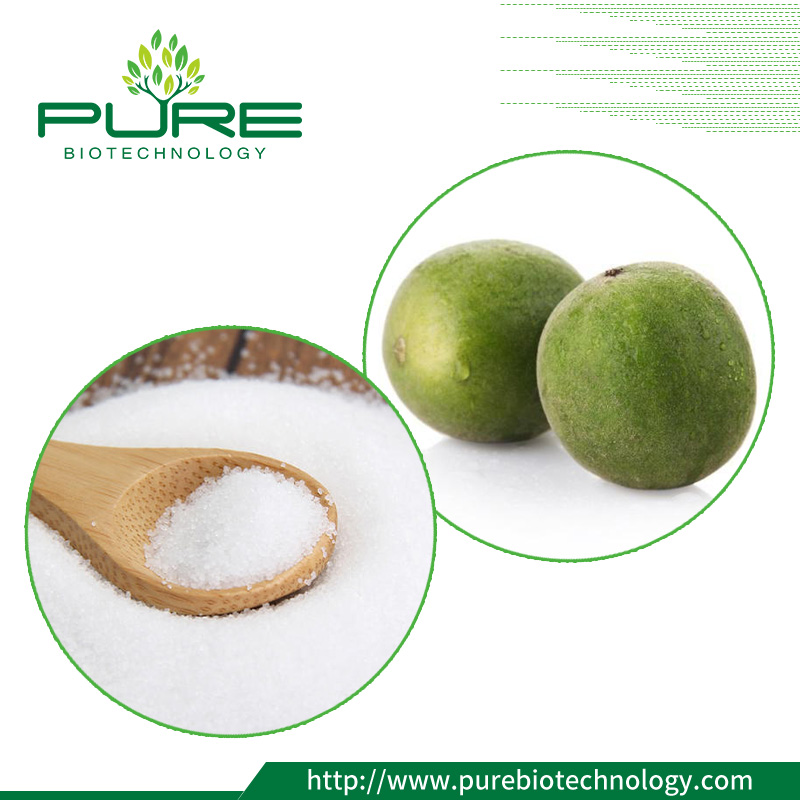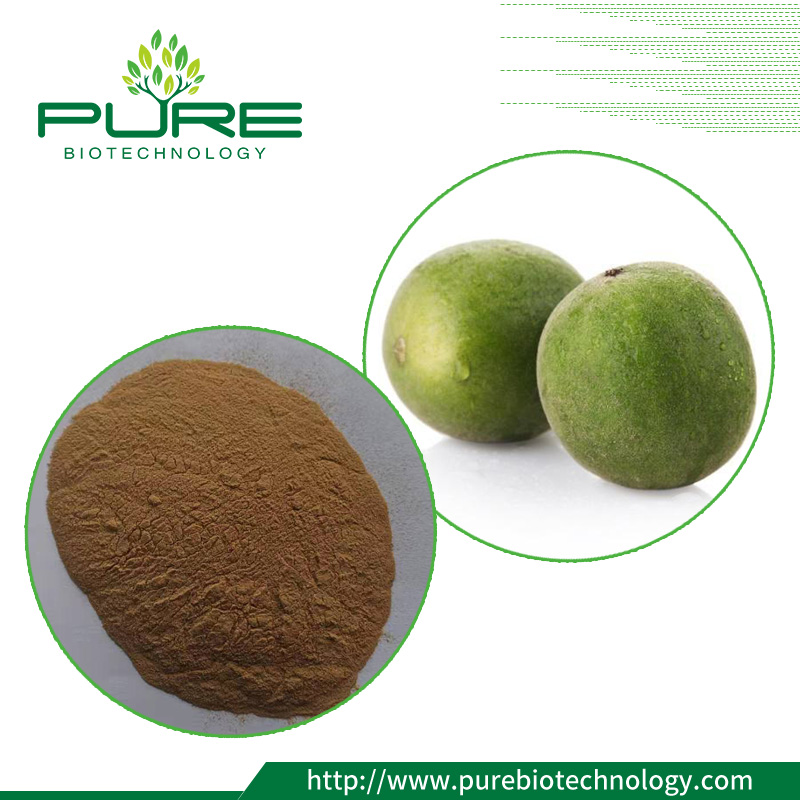

Formally known as Luo Han Guo, monk fruit is a small melon that originates from Southern China and parts of Southeast Asia, named for the 13th century monks thought to have first used it. It’s earned its title as a superfood over the years, given its extract has been used for centuries in Traditional Chinese Medicine (TCM) to today in your favorite health food brands, including our very own gr8nola recipe.

Monk fruit for antioxidants
This small but mighty fruit is packed with antioxidants called mogrosides that protect your body from free radicals while supporting your immune, respiratory and digestive system. These superfood antioxidants also work to shield you from harmful molecules that could cause damage to your DNA, slowing down the aging process and promoting longevity.
Monk fruit for inflammation
The powerful anti-inflammatories inside monk fruit provides an all-natural approach for treating arthritis and other inflammatory conditions. It can also help keep away those pesky winter colds, as it works to soothe sore throats and reduce phlegm.
Monk fruit for weight loss
Swapping sugar for non-nutritive sweeteners (NNS) like monk fruit can help body weight management by reducing calories, controlling insulin, and preventing fat-cells production in the body. In the long run, substituting monk fruit for sucrose in your daily diet can help prevent obesity and the development of type II diabetes, and lessen the effects of both.
Monk fruit for antihistamines
Working as an all-natural, mild antihistamine, monk fruit has been proven to reduce swelling from allergy irritations. If consumed daily, monk fruit can even help soothe seasonal allergies overtime by inhibiting histamines.
Monk fruit for stabilizing blood sugar
As an antihyperglycemic, monk fruit works to lower your glucose levels and regulates how your body releases insulin. This makes monk fruit extract a safe option people in need of a low-glycemic diet, such as diabetics and low-carb keto followers.